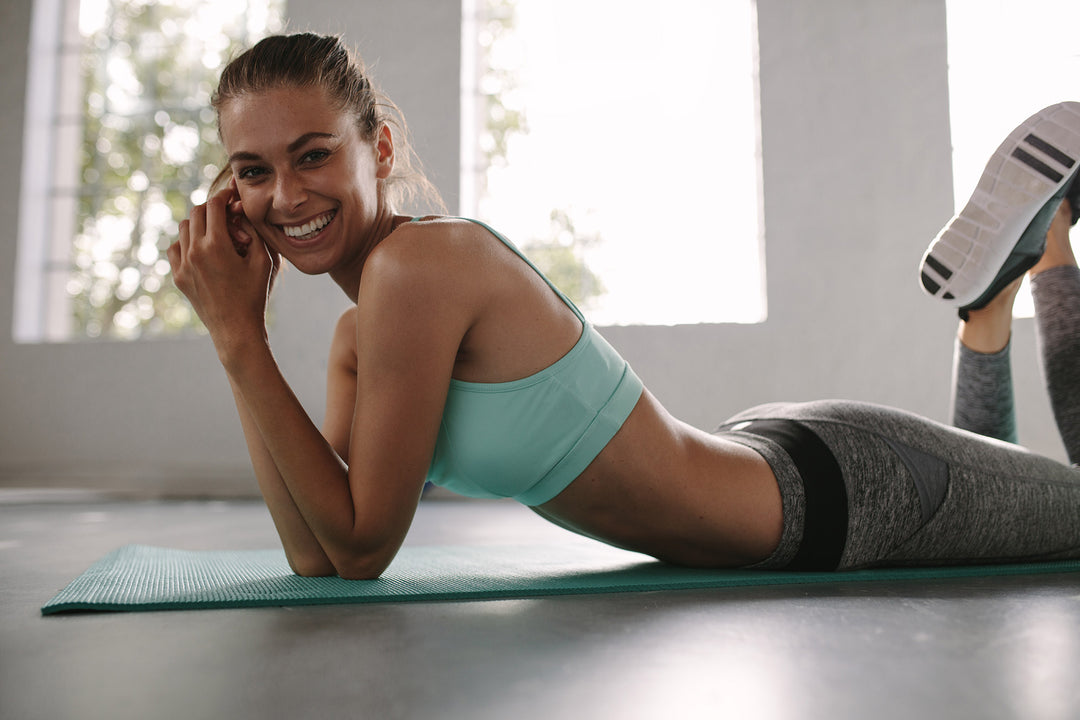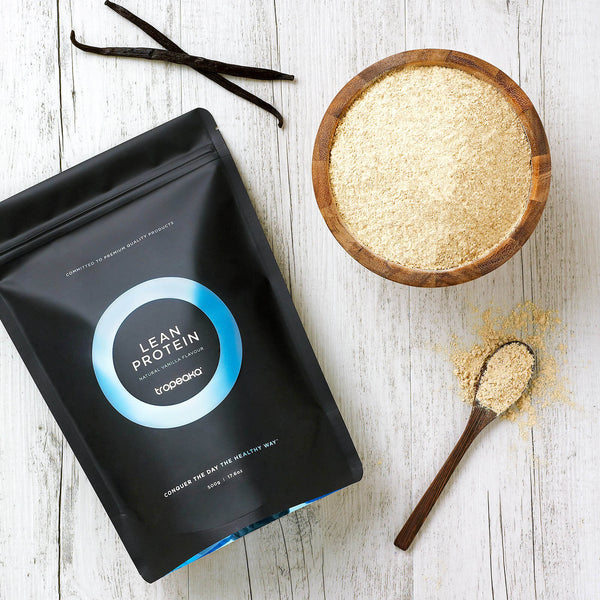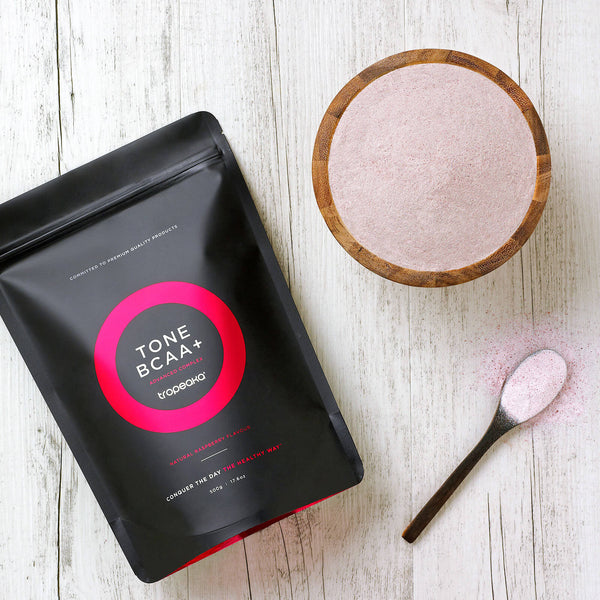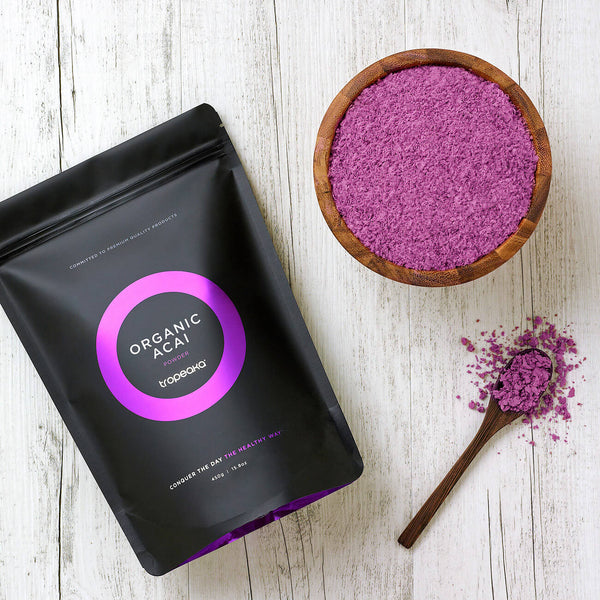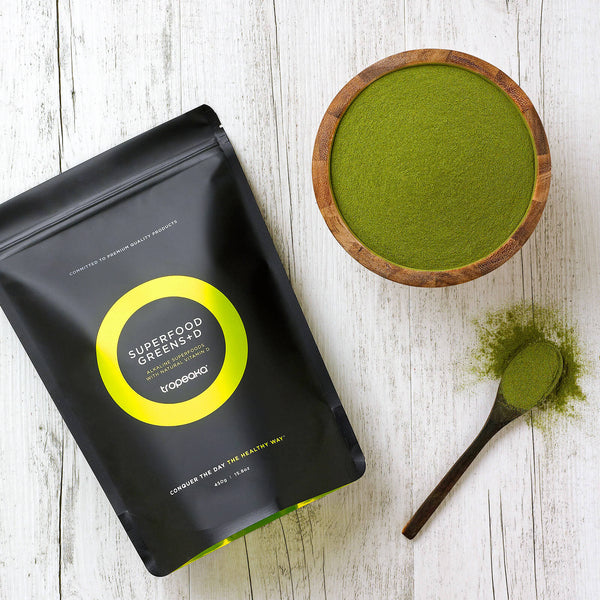You might move your body every day, but have you been neglecting your emotional muscles? Emotional fitness is often confused with mental health, but they aren’t quite the same thing.
O
ur mental health is measured by our ability to process information, while our emotional fitness is measured by our ability to express the feelings that are related to that processed information.
Emotional fitness is all about cultivating the inner strength that prevents anything from throwing us off course. When we’re emotionally fit, we’re able to live in alignment with our truth and higher purpose.
Working on our emotional fitness increases our emotional intelligence (EQ), which is often considered to be more important or our overall health and happiness than our cognitive intelligence, also known as our IQ.
Emotional fitness is proving to be a major key to success and fulfilment in every aspect of our lives, but it’s not something we’re born with. It’s something we have to consciously continue to develop throughout the ups and downs of our lives.
The fitness world that was once so focused on the physical aspects of our wellbeing is starting to change.
We’re now looking at ways to honour the mind-body connection and focus on our health in a more holistic way. Here are 6 ways to combine your physical and emotional fitness.
1
Do breathwork at the end of your workout
With roots in ancient Eastern practices, breathwork is an umbrella term for a range of breathing techniques and exercises where the breathing pattern is intentionally changed to immediately improve your wellbeing. The three most popular types of breathwork are pranayama, holotropic, and rebirthing.
On a physical level, breathing is a vital part of life; it helps deliver oxygen to your bloodstream and remove carbon dioxide.
However, breathwork not only energises and reverses the physical stress response in the body, but it also calms any emotional turbulence in the mind.
Adding a short breathwork session to the end of your workout will cultivate self-awareness and inner peace, along with optimising your body for post-workout repair and recovery.
Whichever technique you choose, be aware of your thoughts without being attached to them. Simply feel which emotions come up and notice your inner voice.
2
Set positive intentions before you start
It’s time to stop thinking of exercise as a way to correct a 'mistake’. For example, have you ever dragged yourself to the gym because you ate a few donuts or overindulged on the weekend?
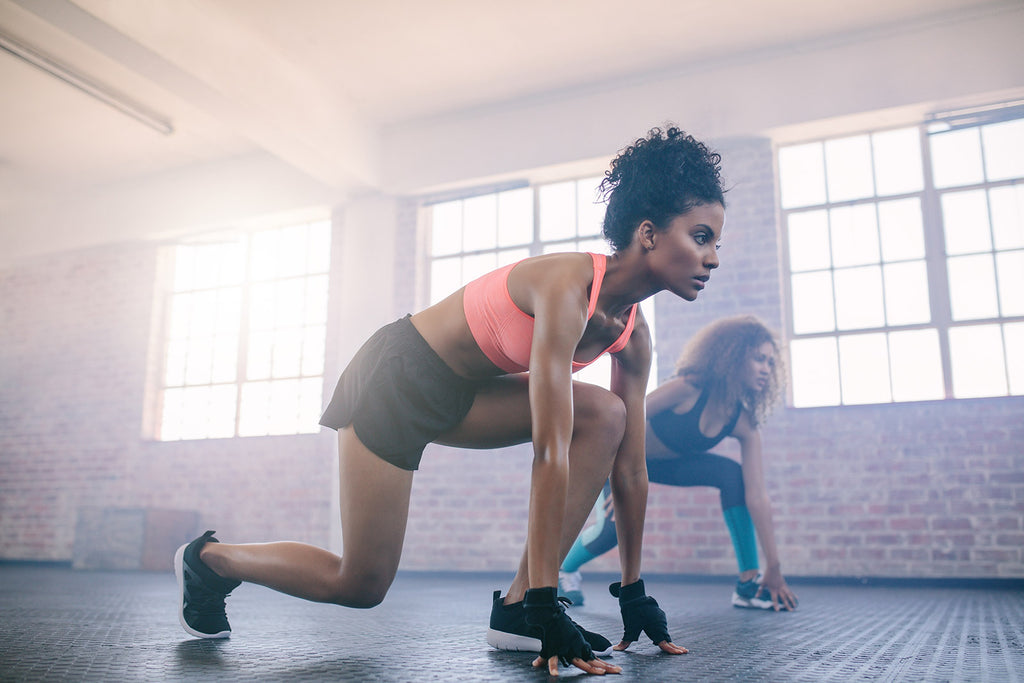
Feeling positive and excited about what you’re doing is just as important as the results; so when it comes to having a great workout, there needs to be an element of enjoyment. Punishing ourselves through exercise will only harm our emotional fitness.
One of the most effective and immediate ways to trigger this critical mindset shift is to focus on intentions rather than your goals. Goals can help you create and stick to a training plan, but they won’t necessarily help you train well today.
On the other hand, setting a positive intention at the beginning of a workout brings your awareness to the present moment, rather than a desired longer-term result - and staying present is essential for emotional fitness.
Setting specific goals around your body-shape is not the most productive strategy
3
Shake up your goals
On the subject of fitness goals, it’s important to remember that setting specific goals around your body-shape is not the most productive strategy, as these goals aren’t actions you can physically take.
It’s more productive for both your physical and emotional fitness to think of any visible, physical changes you’d like to see in your body as the byproduct of achieving your performance-based goals.
This type of goal is more objective and more measurable than a physique-based goal, and you’ll notice your progress relatively quickly.
For example, instead of setting a goal to tone your arms and back, you could set a goal to be able to do 3 sets of 3 unassisted pull-ups by the end of the year. Toned arms and a strong back will be the visible, physical byproduct of this performance-based goal.
4
Integrate mindfulness practices
We know that being more active reduces stress and anxiety, but did you know being more mindful amplifies this effect? Using distractions like music (or your own internal dialogue) to get through your workouts is a missed opportunity to improve your emotional fitness.
Experiencing the present moment during exercise is great for our emotional fitness, and this doesn’t have to be exclusive to yoga.
No workout should not be an out-of-body experience; so next time you’re at the gym, try meditatively focusing on your glutes! Putting your 'mind in the muscle’ not only helps to cultivate mindfulness, but it also ensures you’re engaging the right muscle groups to get the most out of each exercise.
Having a regular walking buddy means you have someone there to motivate and support you
5
Walk and talk with a friend
Having a regular walking buddy means you have someone there to motivate and support you, as well as hold you accountable. However, you might have also noticed how much easier it is express yourself with flow and clarity when you’re walking and talking.
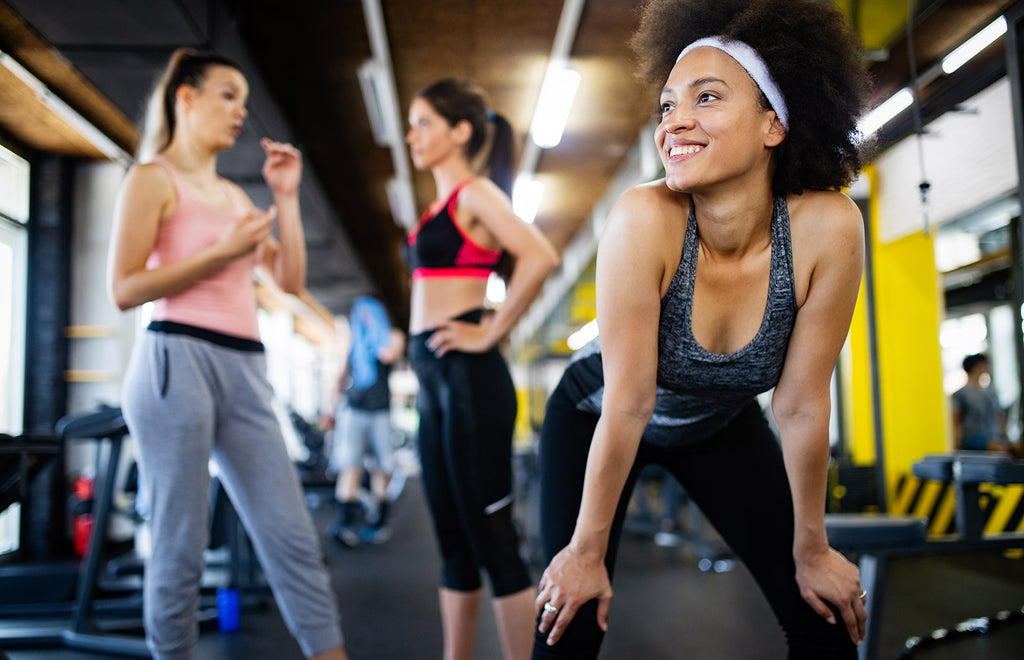
The motivation, accountability and emotional benefits of walking catch-ups cannot be understated!
6
Tailor training to your mood and energy levels
Our mood and energy levels are primarily dictated by our hormones. In fact, hormones control our mind and body more than we realise, so it’s a good idea to get more in touch with them!
For female-bodied people, knowing where you are in your cycle should influence how you exercise. On top of this, different styles of movement can also impact our mood in different ways.
Lack of awareness around what’s going on in our bodies means we’ll just put low energy and no motivation down to 'having a bad day.’ Having you ever felt guilty about this?
Instead of beating yourself up for not be able to give everything you’ve got in a workout, recognise when you’re in a stage of your cycle where you need to slow down a little to give your body what it needs. Our bodies are always trying to tell us something, and listening to this is the best thing we can do for ourselves.
Combining your physical and emotional fitness honours the mind-body connection to help you think more clearly, communicate better, feel less stress and overwhelmed, and stick with your goals and commitments. Next time you train your body, see if you can start flexing your emotional muscles too!
